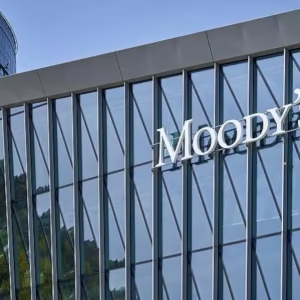Introduction
In a significant move towards infrastructure development, the state of Andhra Pradesh has revived its ambitious road development projects funded by the New Development Bank (NDB). After a temporary halt due to administrative and financial transitions, these projects are now back on track, promising improved connectivity, economic growth, and job creation across the state.
Background: What is the NDB?
The New Development Bank, formerly known as the BRICS Development Bank, was established by Brazil, Russia, India, China, and South Africa to mobilize resources for infrastructure and sustainable development projects in BRICS and other emerging economies. India has been a major beneficiary of NDB funding, particularly in sectors like transport, renewable energy, and urban development.
The Road Project in Andhra Pradesh
Andhra Pradesh had earlier signed an agreement with the NDB to fund major road projects worth ₹3,000 crore. These included the construction and upgrading of more than 1,200 km of rural and state highways, primarily focused on connecting backward regions, tribal belts, and agricultural zones to major economic centers.
Key Objectives:
- Enhance rural connectivity and access to markets
- Support industrial growth corridors by easing logistics
- Improve road safety standards
- Promote inclusive development by linking remote areas
Why the Delay?
Following the bifurcation of Andhra Pradesh and the formation of Telangana in 2014, a number of infrastructure projects faced delays. Additionally, changes in government and bureaucratic reshuffles caused the disbursement of funds and project execution to stall. Over time, inflation, cost escalations, and changes in land acquisition norms further complicated matters.
Revival and Progress
As of mid-2025, the Andhra Pradesh government has officially revived these projects with renewed vigor. Chief Minister Y. S. Jagan Mohan Reddy’s administration has prioritized infrastructure development as a cornerstone of the state’s economic roadmap.
Recent Developments:
- The Public Works Department (PWD) has floated fresh tenders for previously delayed segments.
- NDB has revalidated its funding commitment following updated project assessments.
- The state has initiated fast-track clearances for land acquisition and environmental approvals.
- Local contractors and laborers are being prioritized to generate local employment.
Economic and Social Impact
The revival of these road projects is expected to have wide-ranging benefits:
- Economic Upliftment: Enhanced road connectivity will reduce transportation costs for farmers, small businesses, and manufacturers.
- Employment Generation: Thousands of skilled and unskilled jobs will be created during and after construction.
- Tourism Boost: Better roads will make heritage and eco-tourism destinations more accessible.
- Social Integration: Remote villages and tribal areas will have improved access to education, healthcare, and public services.
Challenges Ahead
Despite the optimistic progress, the government must tackle:
- Timely execution without compromising on quality
- Transparency and accountability in fund utilization
- Managing cost overruns and contractor delays
- Environmental safeguards in sensitive zones
Conclusion
The revival of NDB-funded road projects marks a new chapter in Andhra Pradesh’s development journey. By focusing on sustainable, inclusive, and high-quality infrastructure, the state is not only bridging geographical gaps but also paving the way for long-term economic resilience. As the projects move forward, their success will be a model for other Indian states looking to leverage international funding for grassroots development.
















